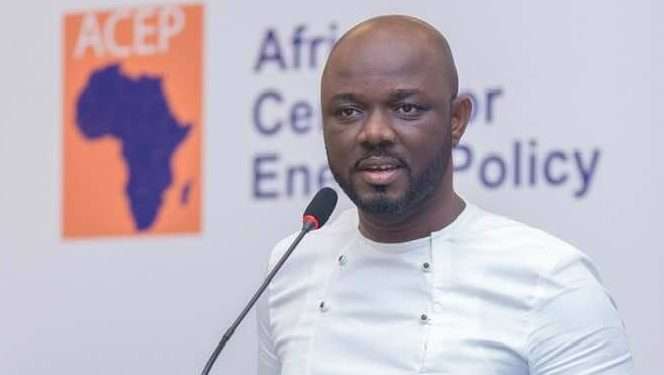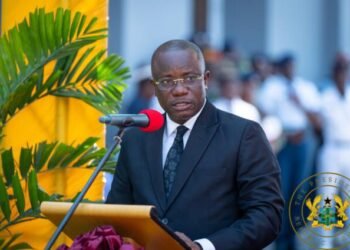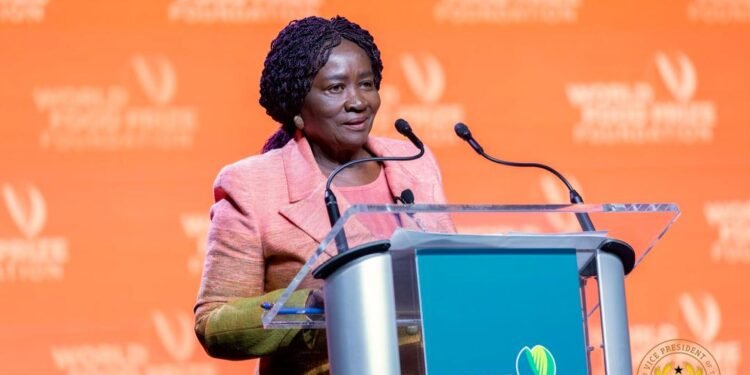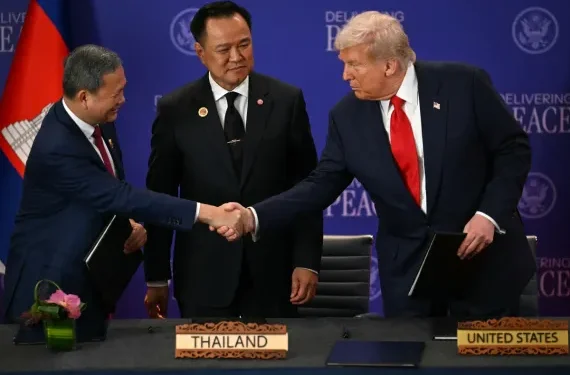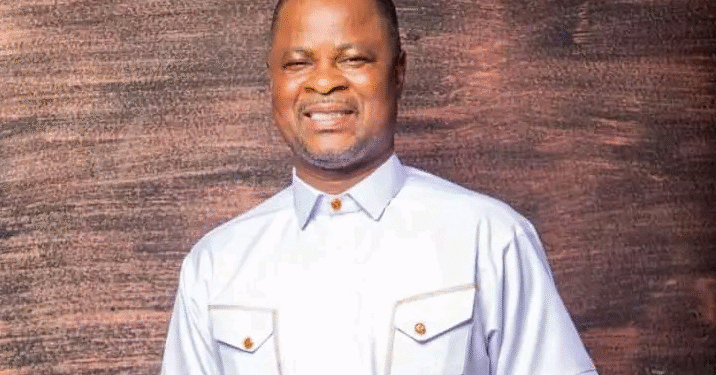The Executive Director of the Africa Centre for Energy Policy (ACEP), Benjamin Boakye, has raised concerns over calls to suspend the West African Gas Pipeline Company (WAPCO)’s scheduled maintenance, warning that such decisions could exacerbate existing challenges in Ghana’s power sector.
In a detailed analysis, Mr Boakye highlighted critical flaws in current scenarios proposed by the Ghana Grid Company (GRIDCo) and stressed the need for prudent planning and cost-saving measures to mitigate the impact of the maintenance period.
Mr Boakye cautioned against the suspension of WAPCO’s maintenance schedule, noting that significant resources have already been committed to the process.
“The deficit can be managed by procuring additional HFO to run some units in Tema. However, this situation must be carefully managed, with a focus on system integrity and stability rather than Dumsor phobia. Limited load shedding would be acceptable, provided consumers are informed in advance.”
Benjamin Boakye, Executive Director for Africa Centre for Energy Policy (ACEP)
Mr Boakye further pointed out that procuring expensive fuel under these circumstances would strain the Electricity Company of Ghana (ECG), as the costs would be difficult to recover.
Flaws in GRIDCo’s Proposals
The ACEP Executive Director criticized GRIDCo’s maintenance scenarios as lacking robustness and creating unnecessary panic. He highlighted key issues: Fuel Requirements for CENPOWER Overstated CENPOWER, a plant that primarily runs on gas, has sufficient fuel stock to operate for almost 20 days during the shutdown period.
Benjamin Boakye noted that GRIDCo’s projections of 3,000 barrels of fuel needed at peak demand until the gas supply is curtailed are exaggerated.
Secondly, Benjamin Boakye flagged the assumption of $100 per barrel for oil supplies, a 25% premium on current market prices, as unrealistic. He urged the government to scrutinize these pricing projections.
“GRIDCo has omitted TAPCO (330 MW) from its scenario. I initially thought this was an error in their report circulating in the media, but it was concerning to see the same omission repeated in their meeting with the Chief of Staff. This skews the 1,100 MW deficit.”
Benjamin Boakye, Executive Director for Africa Centre for Energy Policy (ACEP)
Policy Recommendations for Energy Security
Beyond addressing immediate challenges, Benjamin Boakye underscored the need for structural improvements in Ghana’s power sector.
He outlined critical areas for policy intervention, including establishing appropriate laboratories for product testing locally to eliminate the two-to-three-weeks delay of sending products abroad.
Secondly, expanding domestic gas production will strengthen energy security. and prioritising prudent and cost-effective strategies over technically complex solutions that overlook managerial efficiencies.
“The power sector has suffered from suboptimal decision-making, often presented in overly technical engineering terms. The focus should shift to sound managerial strategies that prioritize cost savings.”
Benjamin Boakye, Executive Director for Africa Centre for Energy Policy (ACEP)
Mr His remark comes at a time when Ghana’s power sector faces significant financial and operational challenges. His recommendations highlighted the need for a holistic approach to planning and decision-making, emphasizing that knee-jerk reactions to perceived crises could lead to long-term consequences.
READ ALSO: President Mahama Announces First Set of Ministerial Nominations



